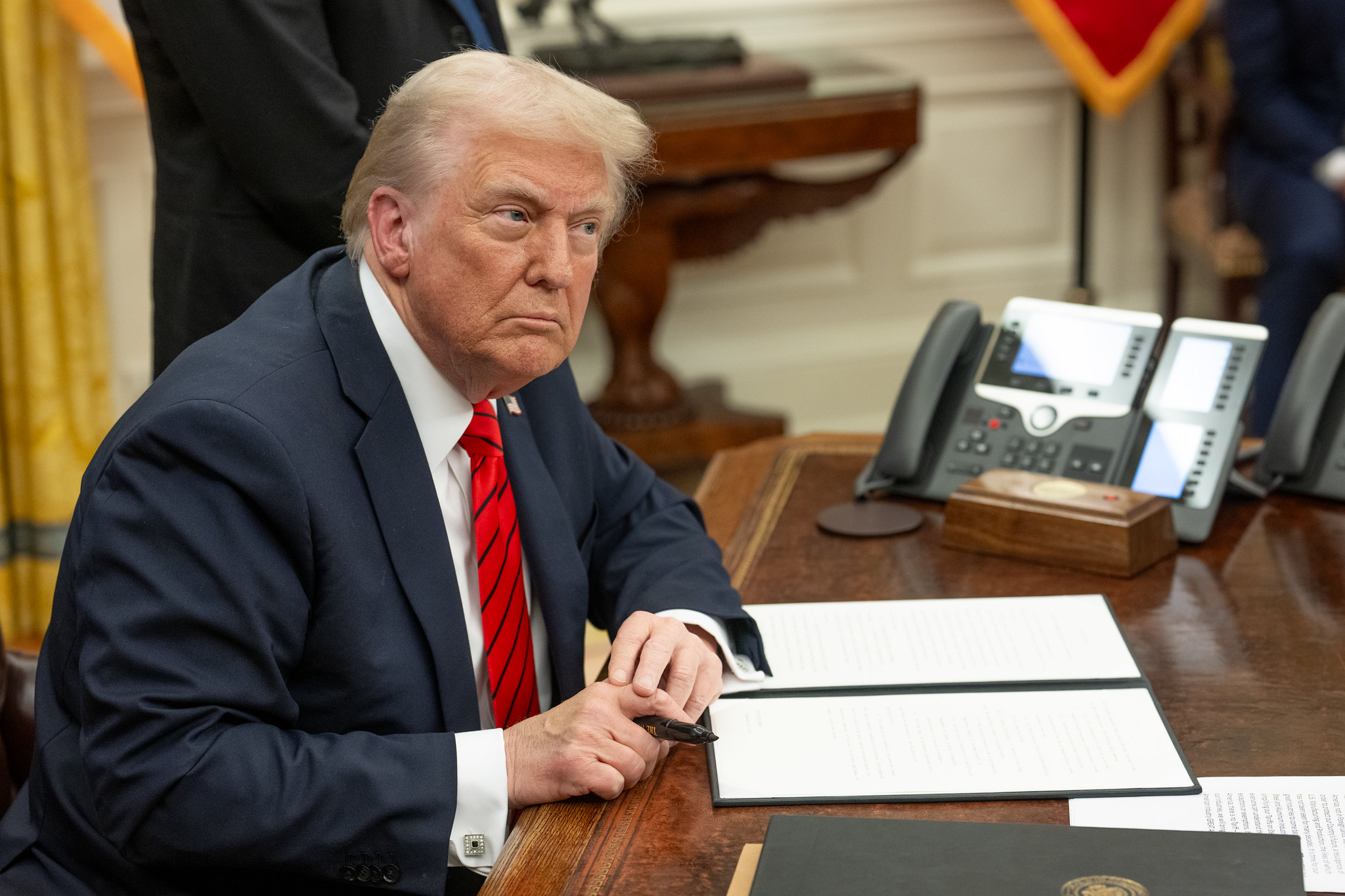CBO: Treasury Can Avoid Default in July with June Cash Management
U.S. Government Faces Risk of Defaulting on Debt
The U.S. government is at risk of defaulting on its debt in the first two weeks of June, with the Congressional Budget Office (CBO) warning that the federal government may no longer be able to cover all its obligations after the middle of June. However, the CBO also stated that if the government can collect enough tax revenue and the Treasury continues employing its extraordinary measures, it “will probably allow the government to continue financing operations through at least the end of July.”
Uncertainty Looms
The uncertainty will persist for the rest of May, according to the CBO. “The extent to which the government will be able to fund the government’s ongoing operations will remain uncertain throughout May, even if the Treasury ultimately runs out of funds in early June,” the nonpartisan watchdog said in the latest report. “That uncertainty exists because the timing and amount of revenue collections and outlays over the intervening weeks could differ from CBO’s projections.”
Consequences of Defaulting on Debt
Should the Treasury default on the debt or delay payments, the CBO warned that “those actions could result in distress in credit markets, disruptions in economic activity and rapid increases in borrowing rates for the Treasury.” Treasury Secretary Janet Yellen echoed these comments, warning that a failure to raise the debt ceiling “really impairs our credit rating.”
Call to Action
President Joe Biden and House Speaker Kevin McCarthy (R-Calif.) were scheduled to meet on May 12 to discuss the issue, but the meeting was postponed due to a lack of progress. The president took to Twitter, accusing “MAGA House Republicans” of threatening to default “unless we give in to their demands.” Press Secretary Karine Jean-Pierre called it “a manufactured crisis,” adding that there is “a lot of urgency” to resolve this “potential devastation” for the economy and American households.
Updated Budget Deficit Projection
In a separate report, the CBO updated its 2023 projection for the federal budget deficit, increasing it to $1.5 trillion. However, it stated that the “estimate is subject to considerable uncertainty, though, in part because of a recent shortfall in tax revenues.” The report further revised the cumulative deficit through 2033 upward by $51 billion, to $20.314 trillion.
Call for Immediate Action
The Committee for a Responsible Federal Budget (CRFB) confirmed that the 12-month rolling deficit (from May 2022 to April 2023) is $1.942 trillion. CRFB President Maya MacGuineas agreed that it is necessary to raise the debt limit immediately “without drama and without any threat of default.” But President Joe Biden and lawmakers must “enact some budget savings and reforms.”
“With inflation surging and debt approaching a record share of the economy, there is little time to waste. And with the debt limit deadline well in sight, lawmakers must act as soon as possible to make sure the country can pay its bills. Default cannot be an option.”
" Conservative News Daily does not always share or support the views and opinions expressed here; they are just those of the writer."





Now loading...